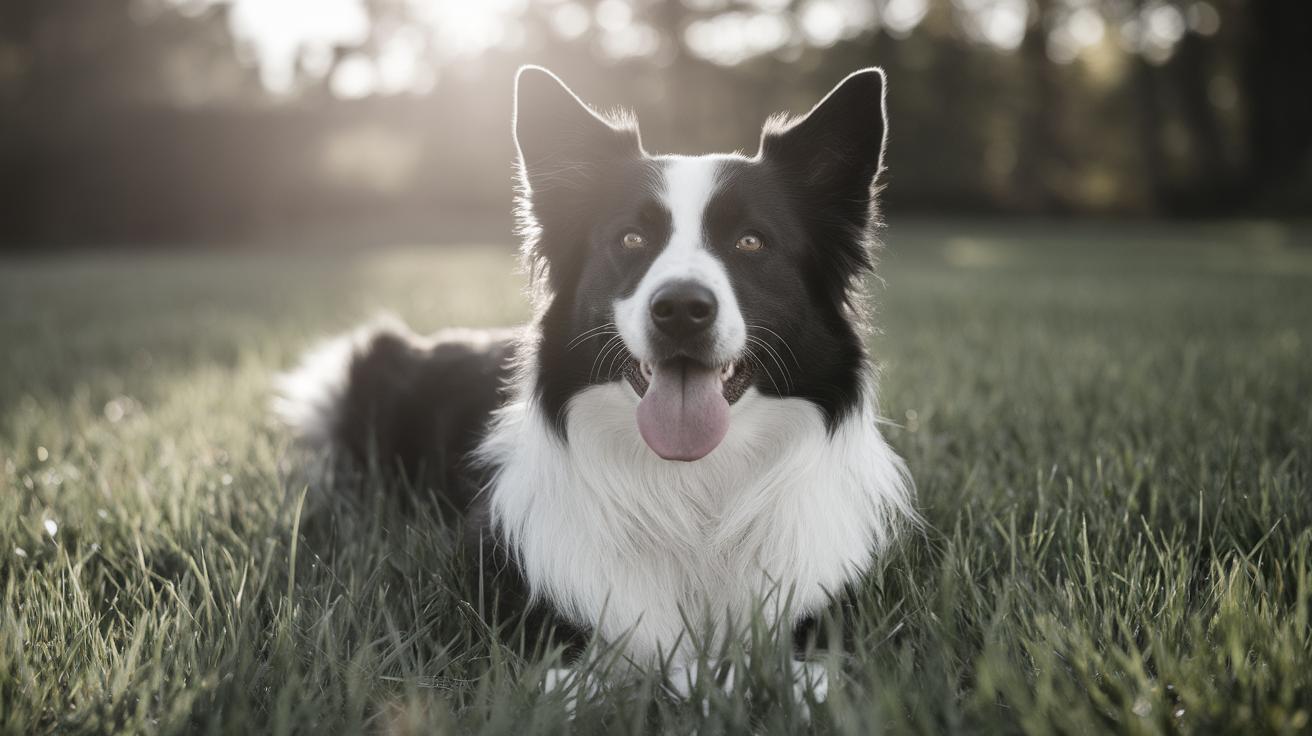Why Does My Dog Lick Me So Much?
Dogs are known for their endearing behaviors, and licking is one of the most common. While it might seem perplexing or even annoying to some pet owners, understanding the reasons behind this behavior can foster a deeper bond between you and your canine companion. This blog post explores the various reasons dogs lick people, when it might become problematic, the safety implications, and how to manage excessive licking. Through these insights, you can appreciate the nuances of your pet’s behavior and ensure a healthier interaction with your furry friend.
Why Dogs Lick People
Affection
One of the most straightforward reasons dogs lick people is to show affection. Licking is a way for dogs to express their love, much like a hug or a kiss in human relationships. From a young age, puppies experience licking from their mothers, which fosters a sense of security and comfort. This behavior often continues into adulthood, as dogs use licking to bond with their human family members.
When your dog licks you, it releases pleasurable endorphins, which give them a feeling of comfort and happiness. This positive reinforcement can encourage the behavior, leading your dog to lick you more frequently as they seek that pleasurable sensation. In this context, licking is a natural and healthy expression of your dog’s feelings towards you.
Seeking Attention
Dogs are social animals and thrive on interaction with their human families. Sometimes, licking is simply a way for dogs to get your attention. Whether it’s to signal they need something, like food or a walk, or simply to engage with you, dogs often use licking as a means of communication.
When a dog perceives that licking results in your attention, they may increase this behavior. If you respond consistently to their licking with attention or affection, it reinforces the action, teaching your dog that licking is an effective way to communicate their needs or desires.
Instinct
Licking is an instinctual behavior in dogs that has roots in their evolutionary and social history. In the wild, pack animals use licking to groom each other, strengthen social bonds, and communicate. This behavior is a throwback to their ancestors’ survival tactics, as it helps convey messages and maintain harmony within a group.
Puppies learn this instinctual behavior early on from their mothers and littermates. It becomes ingrained as part of their natural behavior repertoire. Thus, licking is a fundamental aspect of a dog’s being, often used instinctively even when other explanations such as affection or communication are not applicable.
Taste
Sometimes, dogs lick because they simply enjoy the taste. Human skin is salty, and dogs, being naturally inclined to explore the world with their mouths, might lick you because they find the taste appealing or intriguing. Lotions, soaps, or other body products can also attract them.
This kind of licking is usually more about exploration and curiosity rather than seeking bonds or communication. If your dog seems particularly interested in licking after you’ve applied certain products, it might be the result of an enticing flavor that prompts them to lick your skin more than usual.
When Licking Can Be a Problem
Compulsive Behavior
While licking can be a normal behavior, it can sometimes become excessive and problematic. Compulsive licking, especially when directed at themselves, could indicate stress, anxiety, or underlying health issues such as skin problems or allergies. If a dog compulsively licks you or themselves to the point of causing harm, it’s essential to seek advice from a veterinarian or animal behaviorist.
Recognizing when licking crosses the line from normal to compulsive is important. Pay attention to context and frequency. If the behavior suddenly intensifies or seems to coincide with signs of distress, such as whimpering or aggression, it might be time to consult a professional to ensure your dog’s well-being.
Is It Safe for Dogs to Lick You?
Generally, it’s safe for dogs to lick their human companions. However, there are circumstances where it’s best to limit this interaction. Dogs’ mouths can harbor bacteria that, while usually harmless to them, might cause minor infections in humans through open wounds or compromised immune systems. Practicing good hygiene and keeping your dog’s oral health in check can mitigate these risks.
If you have concerns about possible allergies or your immunocompromised status, it’s wise to consult your doctor for advice specific to your health circumstances. The key is to maintain a healthy balance that works for both you and your pet, ensuring the interaction is safe and enjoyable.
How To Stop Problem Licking
If you find your dog’s licking is too frequent or persistent, there are methods to curb this behavior. Consistency and patience are paramount. One effective strategy is to ignore the behavior when it occurs, thereby not reinforcing it. Instead, give attention when your dog stops licking, teaching them this unwanted behavior doesn’t yield rewards.
Redirecting your dog’s attention can also be a useful technique. Offering a chew toy or engaging them in a play activity can help shift their focus away from licking. If your dog licks due to anxiety, identifying and addressing the root cause with professional help can also reduce compulsive licking behaviors.
Summary of Main Points
| Topic | Key Points |
|---|---|
| Why Dogs Lick People | Affection, seeking attention, instinctual behavior, and taste. |
| When Licking Can Be a Problem | Compulsive behavior indicating stress or health issues. |
| Is It Safe for Dogs to Lick You? | Generally safe, but hygiene is important; consult a doctor if you have health concerns. |
| How To Stop Problem Licking | Use consistent behavior reinforcement; offer distractions or professional advice if needed. |
